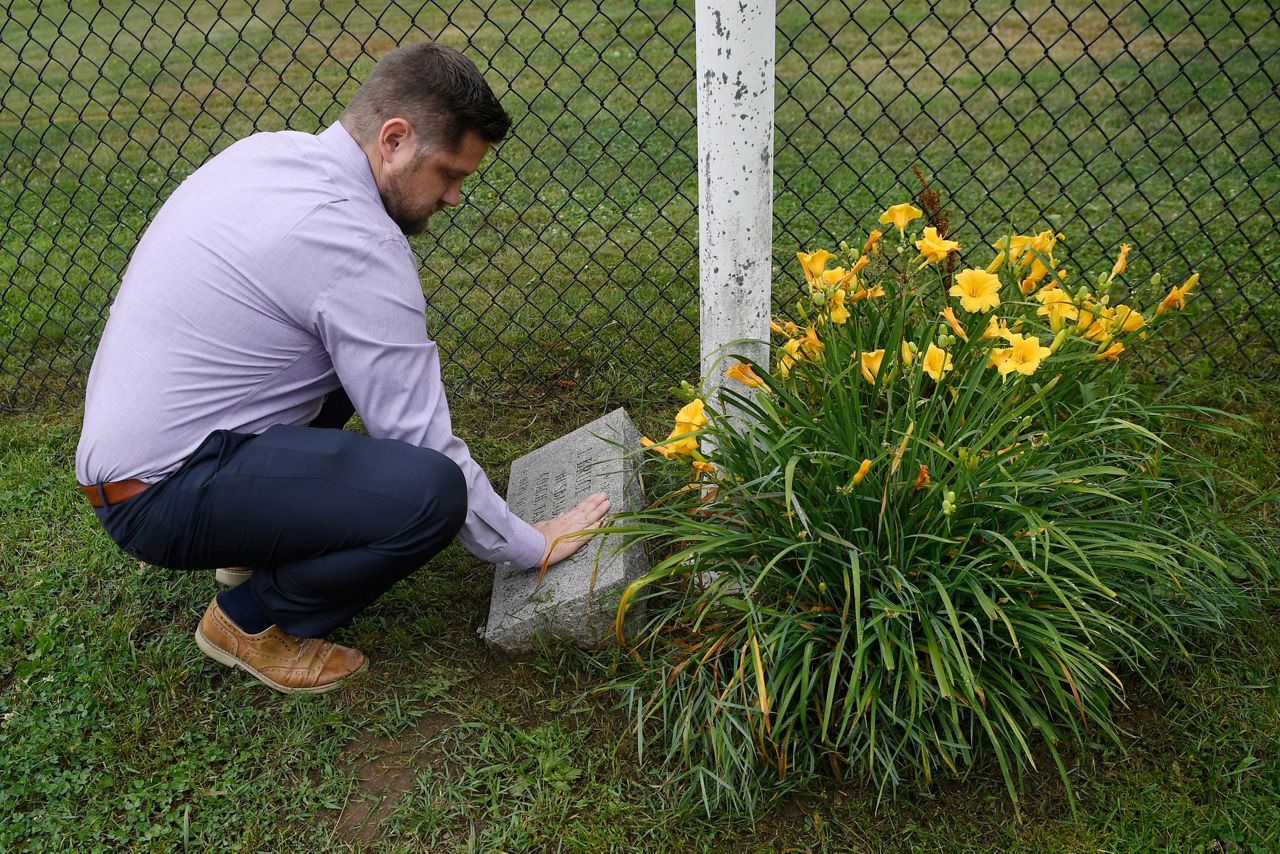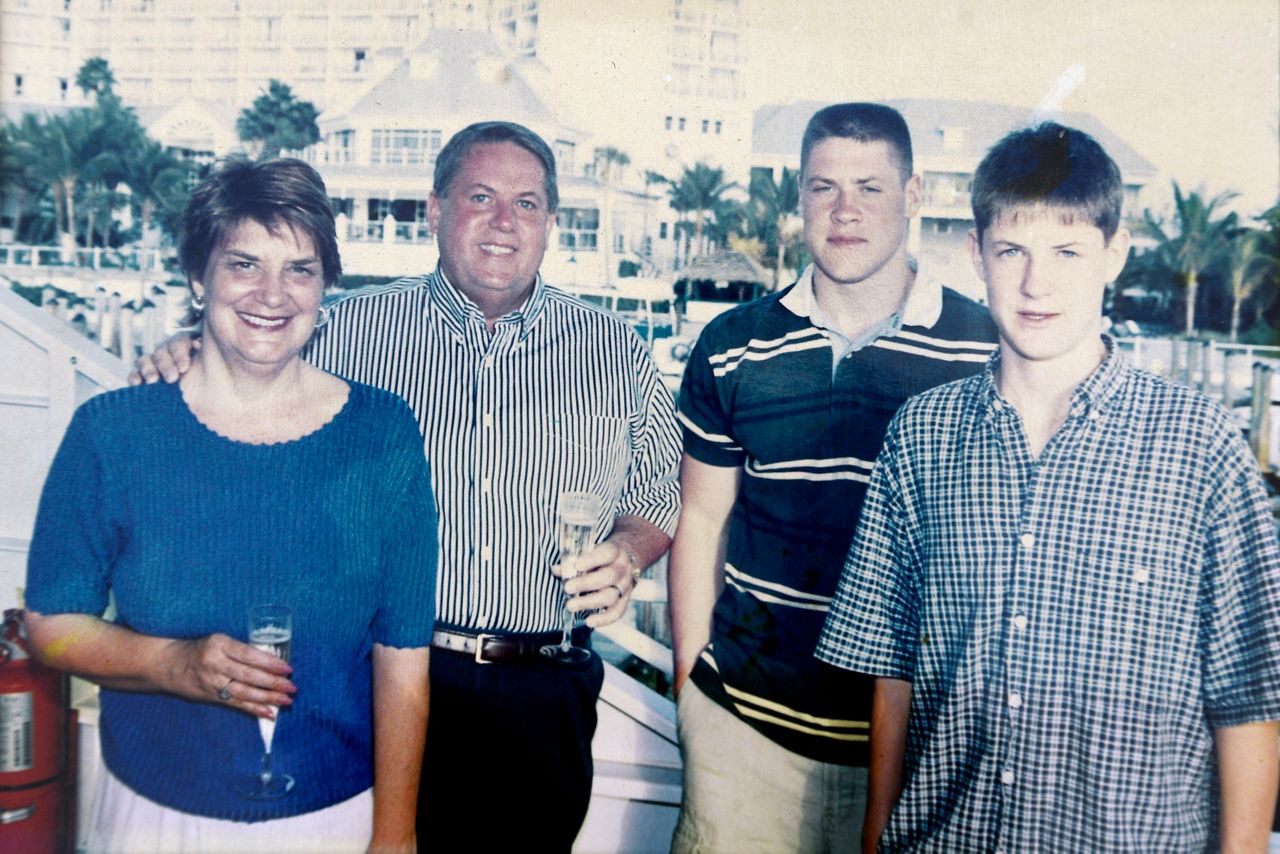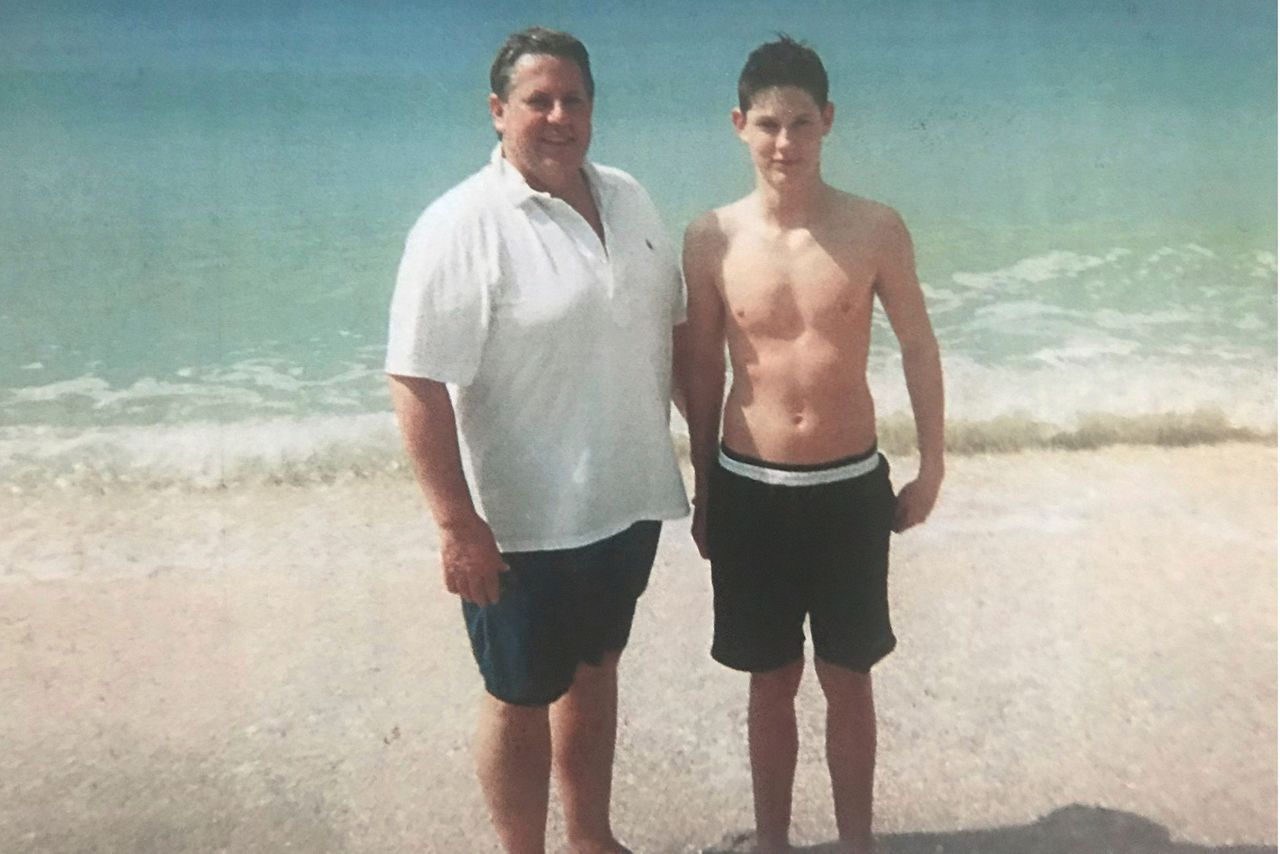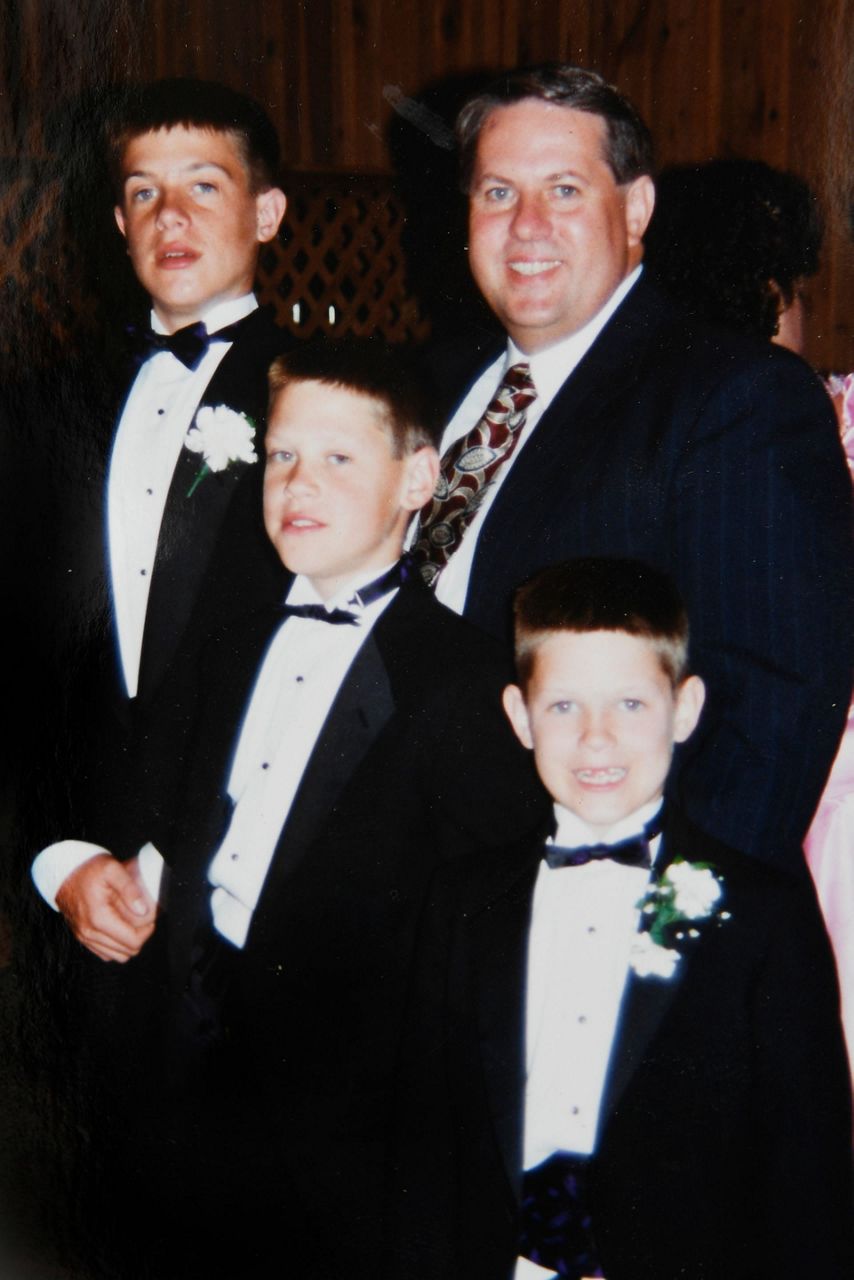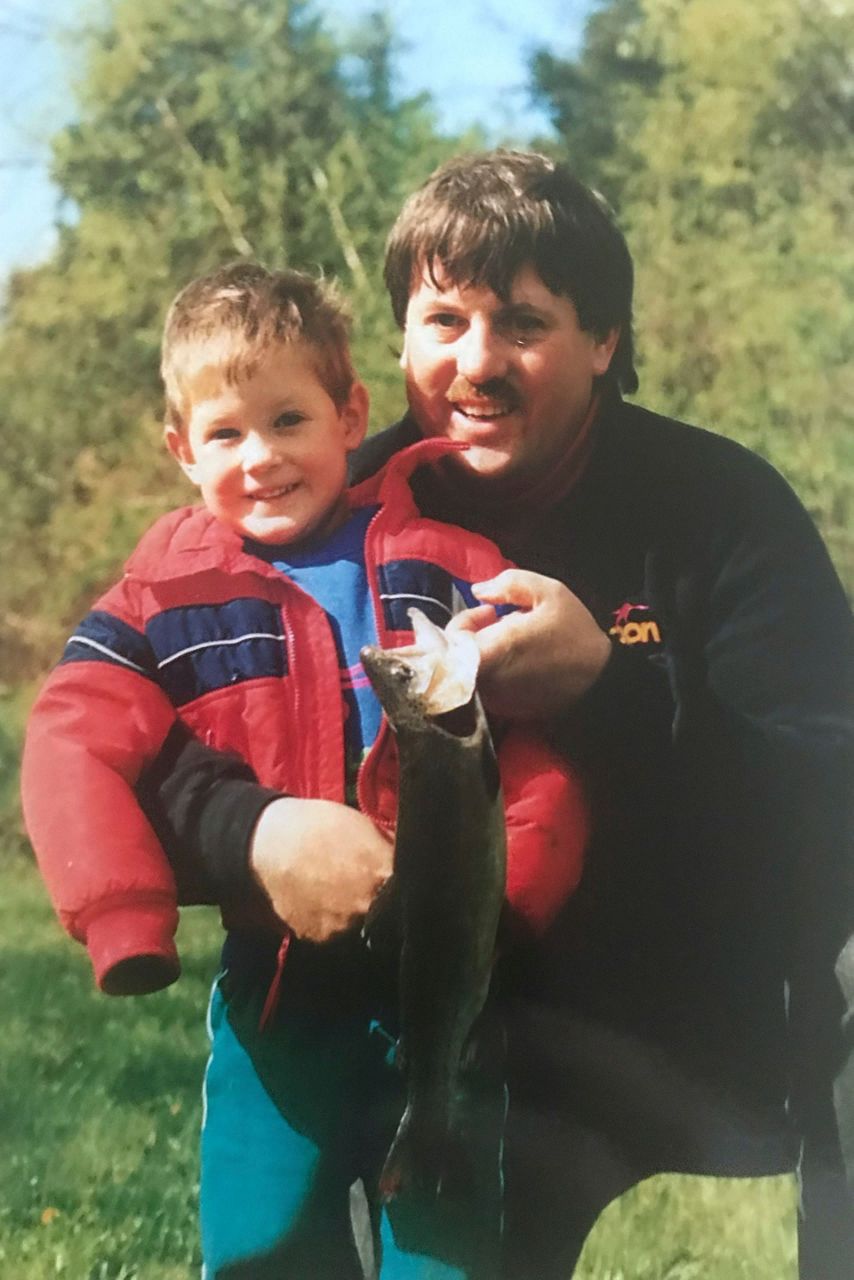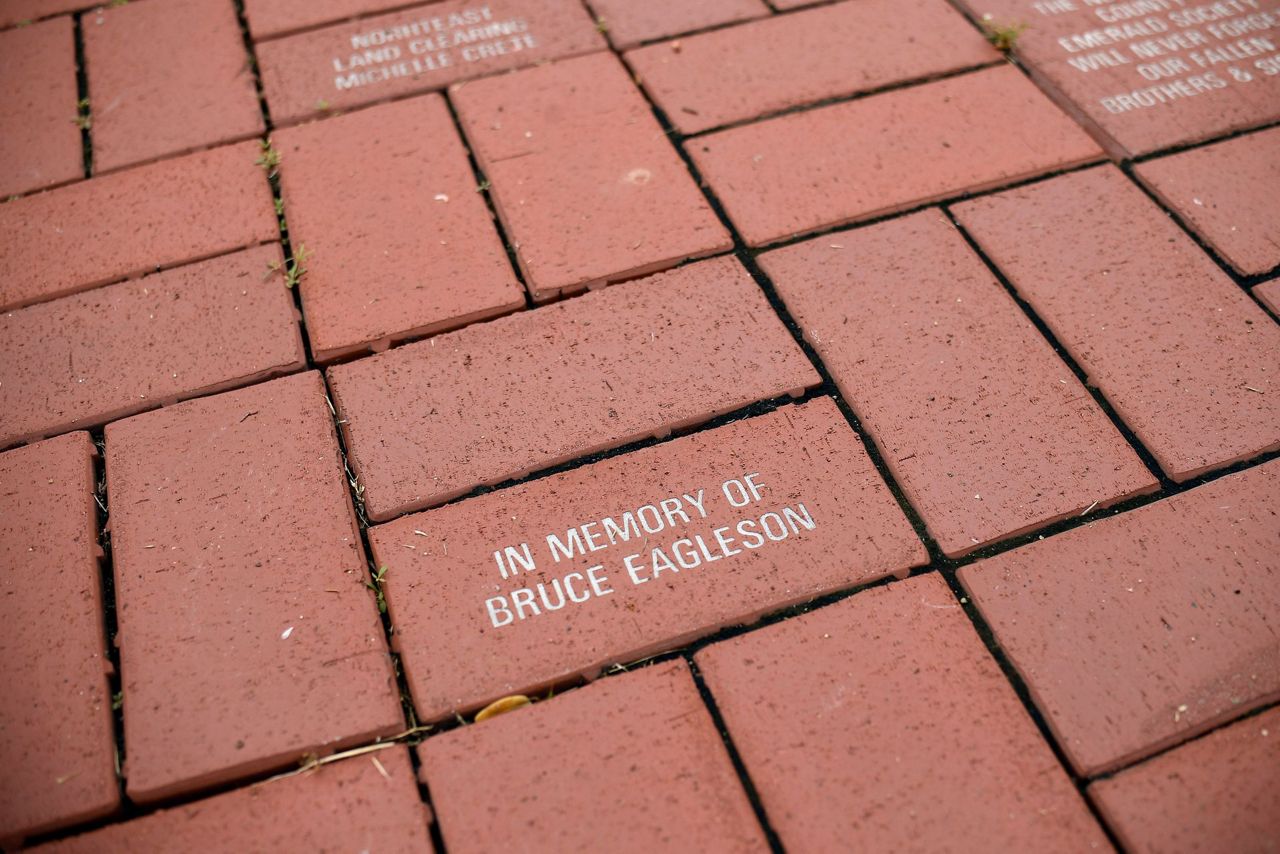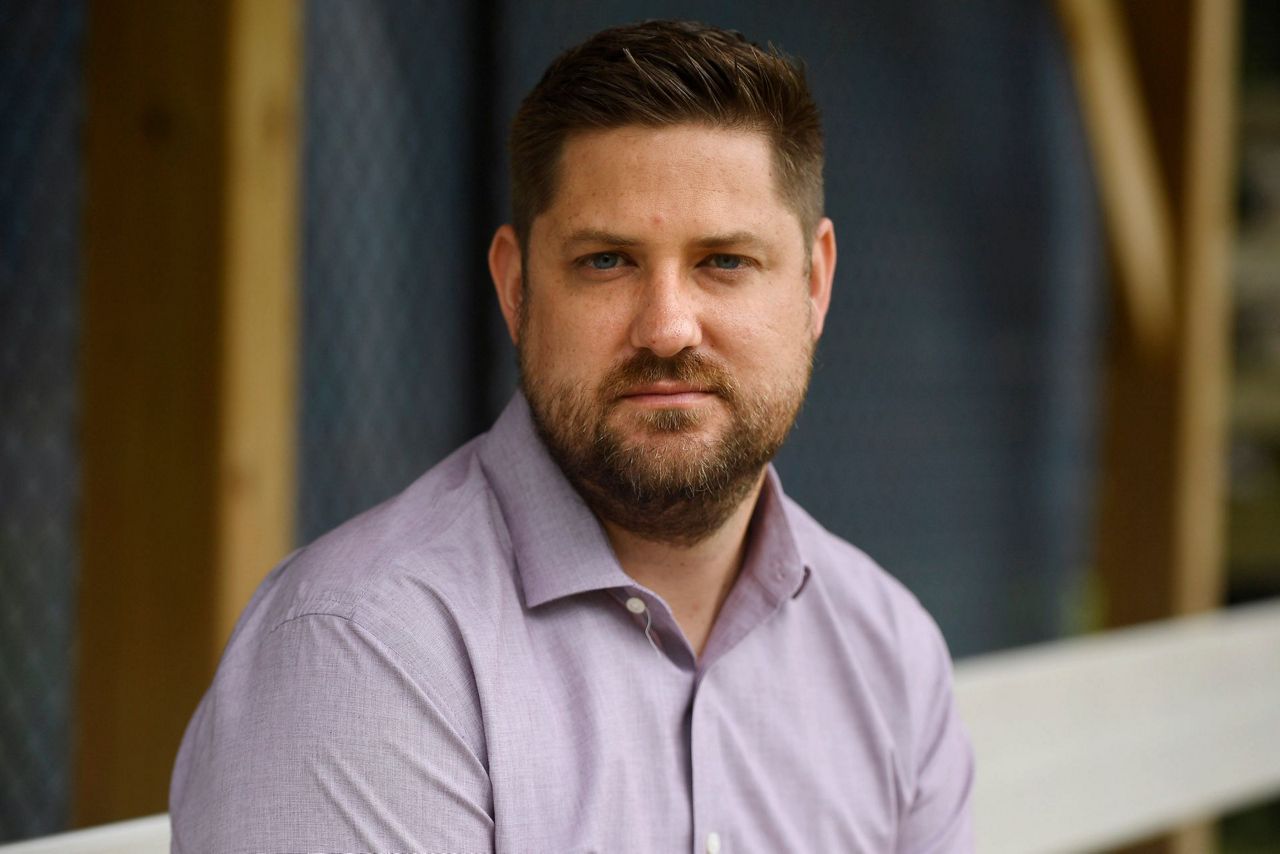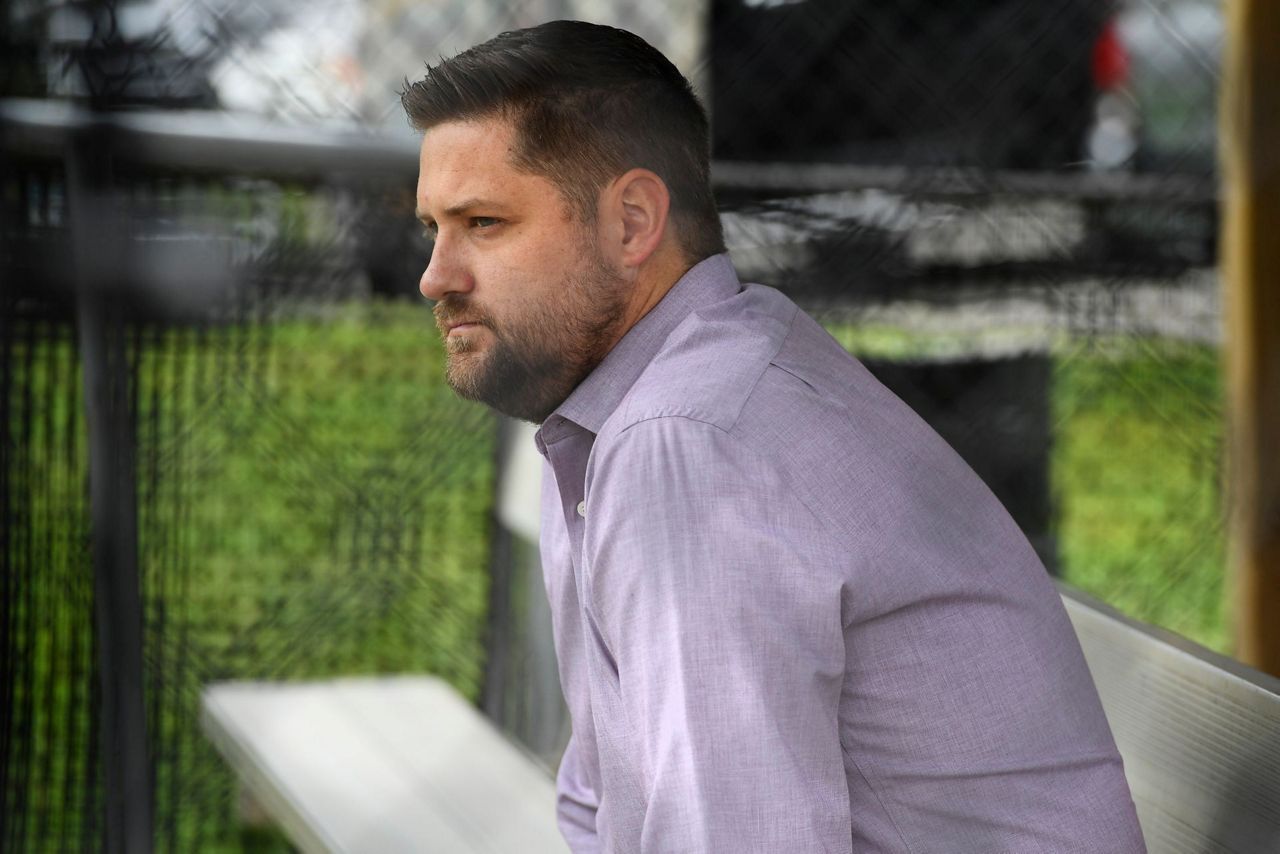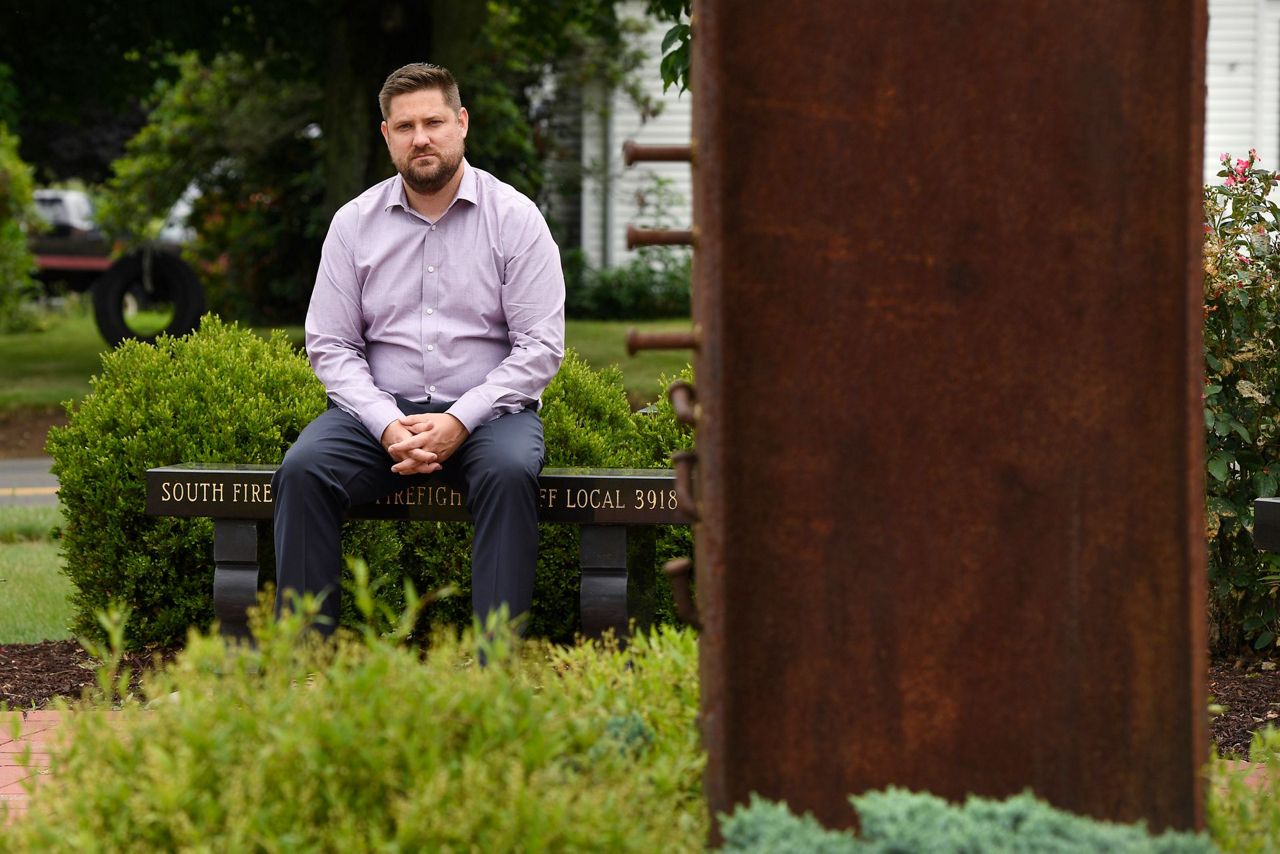WASHINGTON (AP) — As the 20th anniversary of the Sept. 11 terrorist attacks approaches, victims' relatives are pressing the courts to answer what they see as lingering questions about the Saudi government's role.
A lawsuit that accuses Saudi Arabia of being complicit took a major step forward this year with the questioning under oath of former Saudi officials, but those depositions remain under seal and the U.S. has withheld a trove of other documents as too sensitive for disclosure. The information vacuum has exasperated families who have tried to make the case that the Saudi government facilitated the attacks. Past investigations have outlined ties between Saudi nationals and some of the airplane hijackers, but have not established the government was directly involved.
"The legal team and the FBI, investigative agencies, can know about the details of my dad’s death and thousands of other family members' deaths, but the people who it’s most relevant to can't know," said Brett Eagleson, whose father, Bruce, was among the World Trade Center victims. “It's adding salt to an open wound for all the 9/11 family members.”
Lawyers for the victims plan to ask a judge to lift a protective order so their clients can access secret government documents as well as testimony from key subjects interviewed over the last year. Though the plaintiffs’ lawyers are unable to discuss what they’ve learned from depositions, they insist the information they’ve gathered advances their premise of Saudi complicity.
“We’re in a situation where only now, through the documents we have gotten and what our investigators have discovered and the testimony we’ve taken, only now is this iceberg that’s been underwater” floating to the surface, said attorney James Kreindler.
The Saudi government has denied any connection to the attacks. But the question has long vexed investigators and is at the heart of a long-running lawsuit in Manhattan on behalf of thousands of victims. The issue gained traction not only because 15 of the 19 hijackers were Saudi — as was Osama bin Laden, the mastermind — but also because of suspicions they must have had help navigating Western society given their minimal experience in the U.S.
Public documents released in the last two decades, including by the 9/11 Commission, have detailed numerous Saudi entanglements but have not proved government complicity.
They show how the first hijackers to arrive in the U.S., Nawaf al-Hazmi and Khalid al-Mihdhar, were met and assisted by a Saudi national in 2000. That man, Omar al-Bayoumi, who helped them find and lease an apartment in San Diego, had ties to the Saudi government and had attracted FBI scrutiny, investigators have said.
Among Bayoumi's contacts was Fahad al-Thumairy, at the time an accredited diplomat at the Saudi consulate in Los Angeles who investigators say led an extremist faction at his mosque. Bayoumi and Thumairy left the U.S. weeks before the attacks.
The 9/11 Commission, which assembled the most prominent accounting of the run-up to the attacks, detailed those connections but found Bayoumi to be an “unlikely candidate for clandestine involvement” with Islamic extremists. It said while it was logical to regard Thumairy as a possible contact for the hijackers, investigators didn't find evidence he actually assisted them.
More broadly, the commission in 2004 said it found no evidence the Saudi government or senior Saudi officials had funded al-Qaida, though it noted Saudi-linked charities could have diverted money to the group.
In 2016, the final chapter of a congressional report on the attacks was declassified. The document named people who knew the hijackers after they arrived in the U.S. and helped them get apartments, open bank accounts and connect with mosques. It said some hijackers had connections to, and received support from, people who may be connected to the Saudi government. The document said information from FBI sources suggested at least two people who assisted the hijackers may have been Saudi intelligence officers.
But it didn't reach a conclusion on complicity, saying while it was possible the interactions could reveal proof of Saudi government support for terrorism, there were also possibly more innocuous explanations for the associations.
The FBI conducted its own investigation, Operation Encore, with some agents drawing a tighter link.
One former agent, Stephen Moore, stated in a 2017 declaration that al-Qaida wouldn't have sent Hazmi and Mihdhar to the U.S. “without a support structure in place.” He said he believed Bayoumi was a “clandestine agent” and that Thumairy knew the hijackers “were on a complex pre-planned mission" that would involve the use of airplanes. He said he'd concluded that Saudi Arabian diplomatic and intelligence personnel had knowingly given support to two of the hijackers.
Families of the 9/11 victims are hoping to prove similar allegations. They believe the entire story has not been revealed because of the U.S. government's reluctance for a full accounting. Any new evidence they might surface could be politically explosive given Saudi Arabia's role as a Middle East partner.
A spokesperson for the Saudi Embassy in Washington did not return a message seeking comment. Lawyers for the Saudi government declined to comment.
Andrew Maloney, another of the plaintiffs' lawyers, said that besides getting compensation for families, they hope Saudi Arabia will accept responsibility and commit to root out terrorism.
“If they did all three of those things, that would be a huge victory,” he said.
The suit gained steam with a judge's 2018 ruling permitting plaintiffs' lawyers to do a limited fact-finding investigation.
Bayoumi and Thumairy were questioned in recent weeks, as was Musaed al-Jarrah, a former Saudi embassy official whose name Yahoo News said was inadvertently revealed in an FBI filing last year that suggested he was suspected of having directed support for the hijackers.
The Justice Department, meanwhile, has given lawyers once-secret documents but under a protective order. Some information remains concealed entirely after the department invoked a “state secrets” privilege to block certain material seen as potentially jeopardizing national security.
“Sooner or later, this trial is going to become mainstream, and there's going to be a tremendous amount of public pressure, and they can’t keep things secret forever,” Eagleson said.
____
Follow Eric Tucker at http://www.twitter/com/etuckerAP
Copyright 2021 The Associated Press. All rights reserved. This material may not be published, broadcast, rewritten or redistributed without permission.



